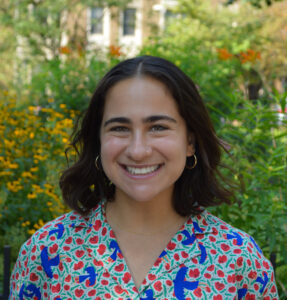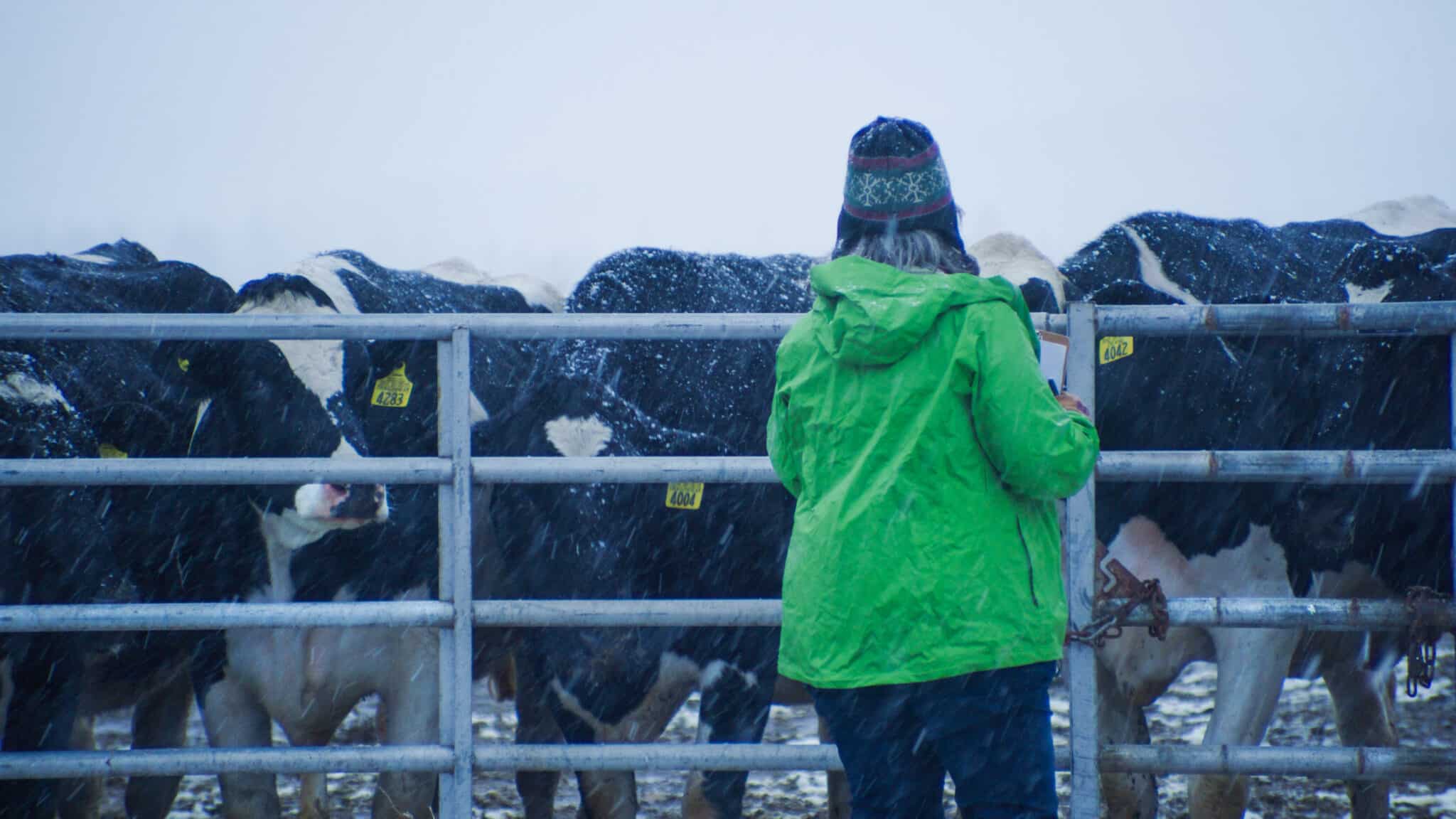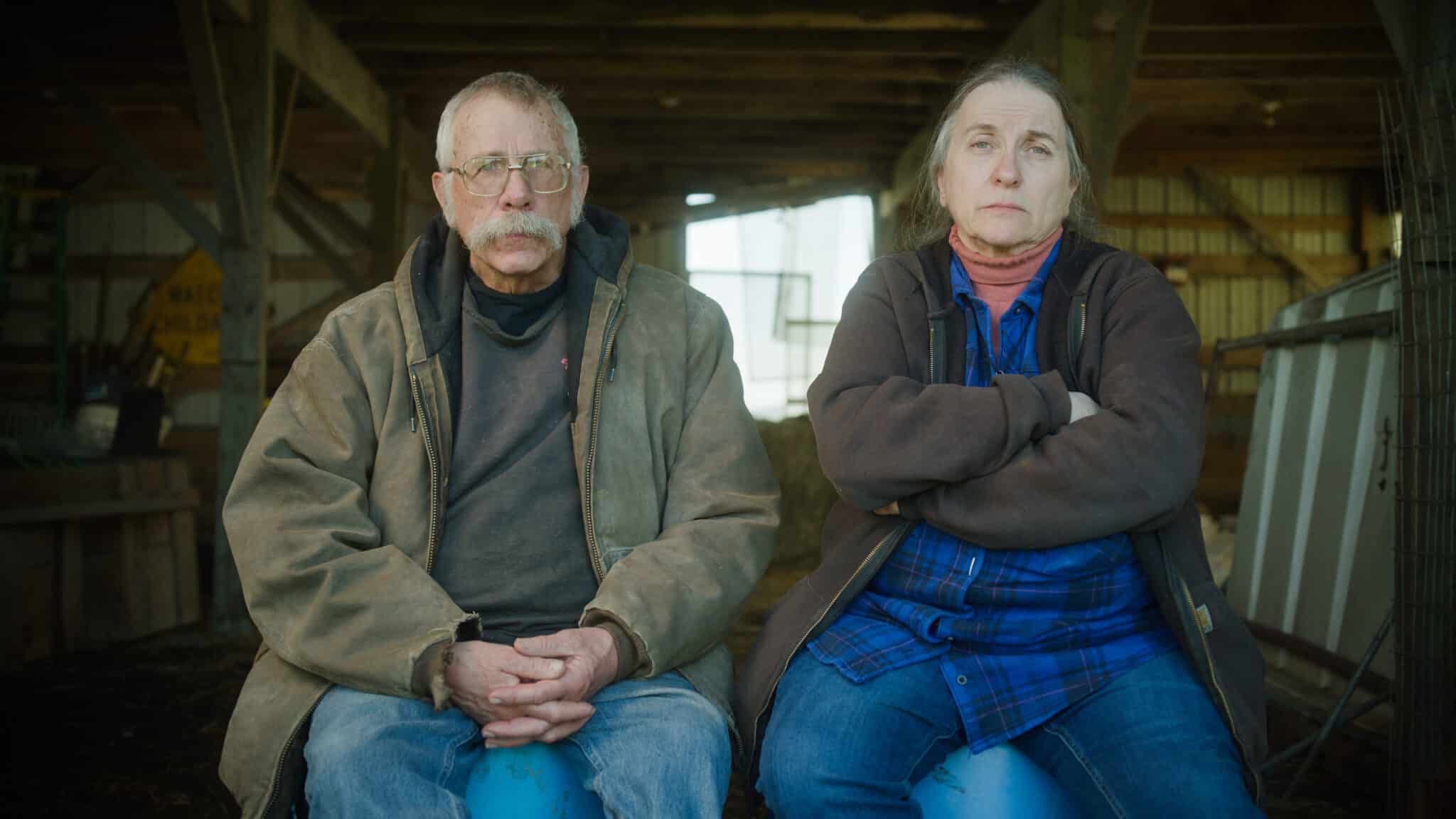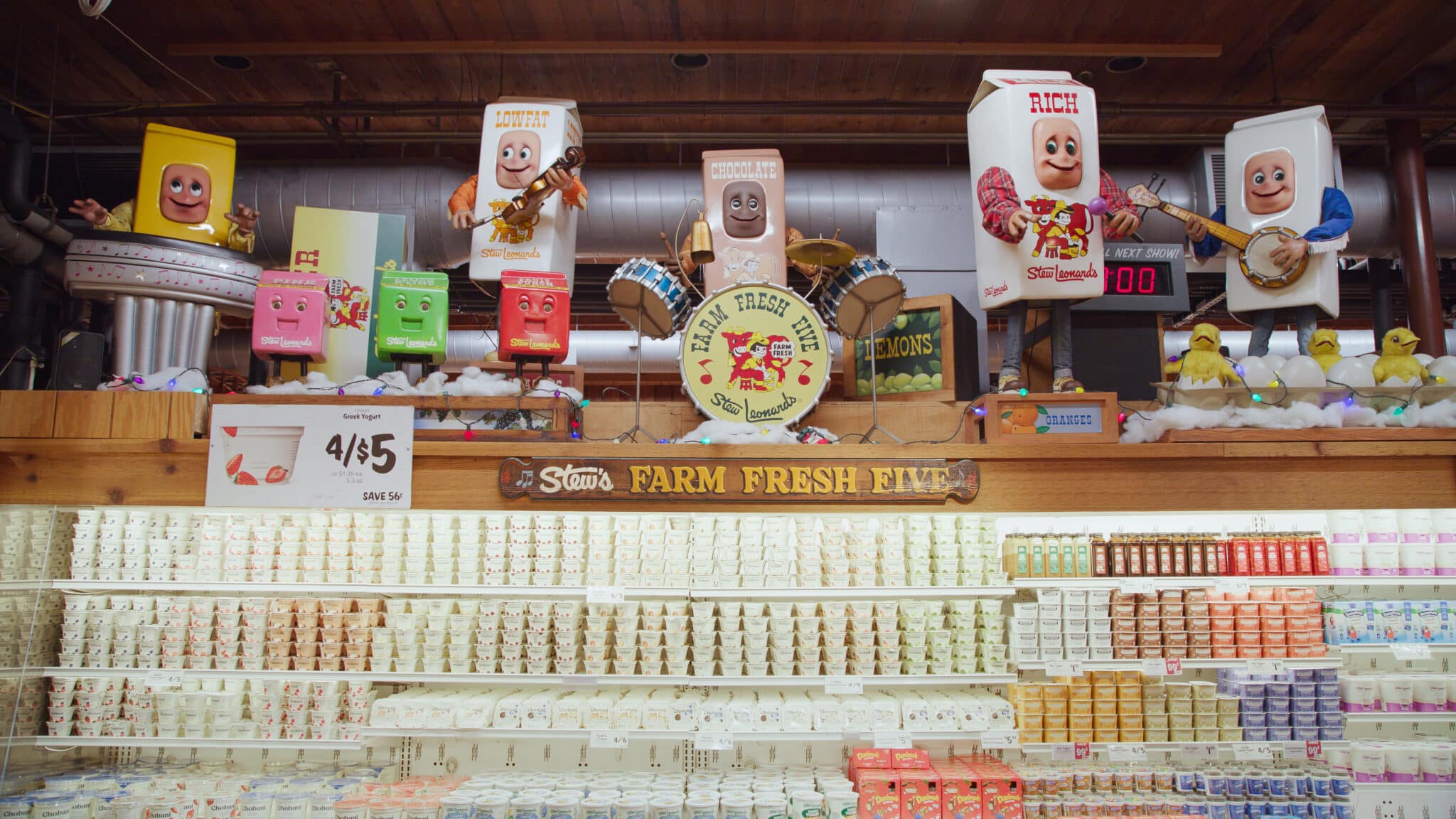Feature
Georgia Communities Are Pushing Back Against Big Chicken
Food•7 min read
Feature
The new docuseries digs into the dairy industry’s widespread influence in America.


Words by Nina B. Elkadi
When the Quesalupa — a deep-fried mozzarella-stuffed shell that houses taco fillings — returned to Taco Bell in 2021, customers had an unlikely innovator to thank: the dairy checkoff program. “Checkoff” is a term used to refer to mandatory fees all dairy farmers must pay on dairy sold or imported in the U.S. The money is pooled together and controlled by Dairy Management Inc., which hires its own staff to research and market dairy products.
“The Quesalupa is making a comeback to Taco Bell’s menu and this version is cheesier than its predecessor, thanks to dairy checkoff scientists,” a 2021 Dairy Management Inc. press release said.
Now, a new documentary series, “The Price of Milk,” details the influence the dairy checkoff has on American eating habits, from putting more dairy into foods at chains like Taco Bell, to ensuring milk is a part of public school meals.
The documentary was produced with funding from plant-based milk brand Oatly, but the producers tell Sentient that the only stipulation was that the film had to be about milk — contractually, the producers had full creative control. In an email to Sentient, Nicholas Bruckman, co-director and producer of the film, wrote that the producers approached the project “journalistically,” not wanting to make a film that was “anti-milk” or something that seemed like an advertisement for plant milk. “That’s partly why we chose dairy farmers as the protagonists and framed the story not around consumer choice but around the systemic issues in the food system.”

One of the most recognizable advertising campaigns of the last few decades is the “Got Milk?” campaign, which features celebrities donning milk mustaches and kitschy TV ads imagining the horror or cereal without milk.
But one of the most infamous taglines in advertising history did not actually boost sales for the dairy industry, and some dairy farmers pushed back.
“I get tired of people reaching their fingers into my wallet and taking money from me and I’m not getting anything back,” Pennsylvania dairy farmer Joe Cochran says in the documentary, referring to the checkoff. When the Cochrans were milking 450 cows, they paid $4,000 of their profits into the checkoff. “To hell with it.”
So, in the early 2000s, Joe and his wife Brenda sued the federal government, saying the government could not use their dollars to pay for speech they disagree with.
But under U.S. law, there is the government speech exemption: think of those Uncle Sam “I WANT YOU” posters, or Smoky The Bear telling us not to create forest fires. The Supreme Court of the United States sided with the government, not the Cochrans, saying that the Got Milk? ads are government speech and therefore the farmers do not have protection under the first amendment.

When asked if they had any regrets, one of the advertising executives behind the Got Milk? Campaign said no.
“Did it change the trajectory? No. What I would say is we did our best,” Jeff Goodby, one of the Got Milk? creators said in the documentary. “We did not turn around milk consumption.”
Checkoffs are often criticized for benefitting the big players in the agriculture industry and overwhelmingly hurting the smaller producers, like the Cochrans.
In his book, “Barons,” antitrust expert Austin Frerick wrote about Mike and Sue McCloskey, two Indiana dairy executives. The McCloskeys run Fair Oaks Farms, an interactive “Dairy Disneyland” that also houses a factory farm with around 37,000 cows — producing enough milk for four million school milk cartons, every, single day, Frerick says in the documentary.
The McCloskeys pay into the dairy checkoff too, so they decided to find a way to milk it. They created Fairlife, an ultra-filtered branded milk, sold at a higher price point than regular milk. The dairy checkoff poured money into promoting it.
A key component of the Fairlife marketing scheme was to advertise their humane treatment of cows. In 2019, an undercover animal welfare group went into Fairlife operations, exposing conditions that were objectively not so fair to the animals, including Fair Oaks employees throwing, kicking, stabbing and burning calves. In 2022, a class action lawsuit ended with a $21 million settlement award to resolve the claims of false and misleading representations by the brand.
“You’d think with all of this anger from the animal abuse scandal, there would be change,” Frerick said in the documentary. “It was just a dent. Since the investigation, Fairlife sales have increased more than 40 percent.”
Sentient reached out to Fair Oaks Farms for comment and has not heard back.
In 2024, an animal welfare organization worked undercover in two farms which supply Fairlife milk and also found horrible instances of animal treatment, including employees whipping animals with screwdrivers, the lawsuit states. A new class action lawsuit was filed in 2025.
At the core of this documentary series is the notion that the dairy industry is behind many of the accepted cultural norms of eating in the United States. In the late 1970s, production incentives resulted in a massive dairy surplus, which led government researchers to find more uses for dairy.
Cheese became one of the answers. More cheese on pizza. More cheese on tacos.
Milk in school lunches became the other. This is the standard in public schools across the country, despite the fact that many students — predominantly students of color — are lactose intolerant.
“Eighty percent of African Americans, and 90 percent of Asian Americans are lactose intolerant, “ U.S. Representative Jamal Bowman said in the documentary, referring to research from Boston Children’s Hospital. “It’s just an insane stat.”
And yet, milk is the standard for school lunch. Just like cheese is the standard for vegetarian options at Taco Bell, and American cheese is an undisputed ingredient in every Big Mac.
Creating the film made co-director Yoni Brook more aware of his cheese cravings, and what foods are considered “normal.”
“Foods that you just have to eat and are expected to eat are really kind of socially accepted and socially engineered,” he tells Sentient.

What happens with checkoff dollars is “much bigger than milk and bigger than food,” Bruckman, co-director and producer of the film, tells Sentient. “It’s about how large corporate forces can kind of co-opt our democratic processes.”
The first three episodes of the docuseries premiered at Tribeca Film Festival in June, and the producers are in conversation with various platforms about where the documentary will be available for streaming. They are also hoping to host screenings at places like universities, and within rural communities.
“The solution to our food problems cannot be made exclusively in the dairy aisle,” Bruckman says. “These problems are not a consumer choice problem, but are a political problem that require collective action and organizing of different kinds.”